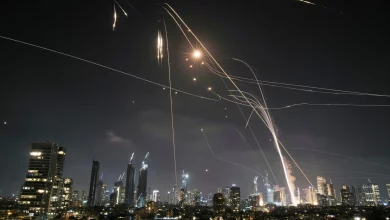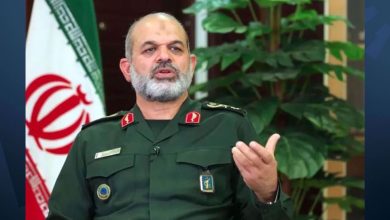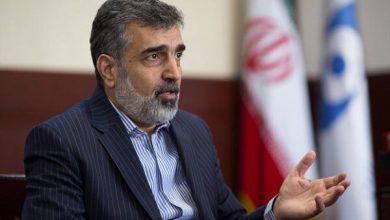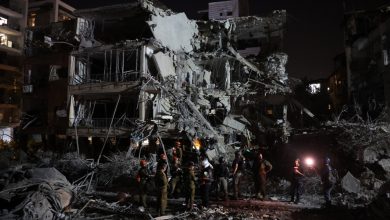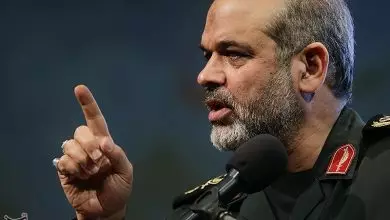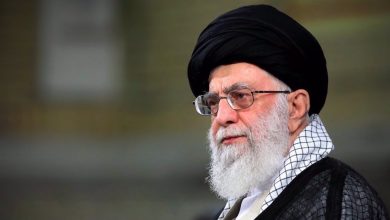Profile: Maj. Gen. Seyed Abdolrahim Mousavi Appointed as Iran’s New Armed Forces Chief of Staff
In the wake of the tragic death of Major General Mohammad Bagheri, the Chief of Staff of Iran's Armed Forces, during Friday's terror attacks attributed to Israel, Ayatollah Seyyed Ali Khamenei, Leader of the Islamic Revolution, has named Major General Seyed Abdolrahim Mousavi as his successor.
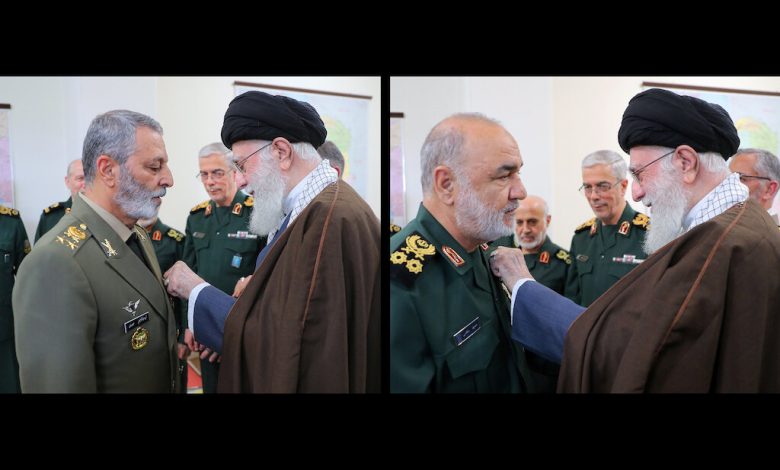
Since August 2017, Mousavi has held the position of commander-in-chief of the Islamic Republic of Iran Army, significantly contributing to strengthening the military’s capabilities.
On August 21, 2017, he was advanced from the rank of Brigadier General to Major General and appointed as the Commander-in-Chief of the Islamic Republic of Iran Army by the nation’s Supreme Leader, succeeding Seyed Ataollah Salehi.
Subsequently, on May 28, 2019, Ayatollah Khamenei designated him as the commander of the Khatam al-Anbia Air Defense Base, all the while maintaining his position as the army’s chief commander.
Born in 1960 in the revered city of Qom, located in central Iran, Mousavi is distinguished by his academic and military credentials. He successfully completed his education at the Army’s Ground Forces Officers’ University and further advanced his expertise by achieving a doctorate in defense studies from the Supreme National Defense University. Mousavi commenced his military career by enlisting in the Iranian army in 1979.
Throughout the period of the Imposed War in the 1980s, Major General Mousavi was an active member of the Army’s artillery unit, operating across multiple battlefronts. His service extended to the western theaters in Kurdistan, notably with the 28th Kurdistan Division, as well as the southwestern fronts, where he was part of the 33rd Artillery Group of the Ground Forces in Khuzestan province.
He took part in numerous operations, including Valfajr 4, Valfajr 9, Beit al-Moqaddas 5, Qader, and Nasr, among several others. He is acknowledged as a war veteran.
Following the conclusion of the Imposed War, in 1997, he completed the Advanced Command and Staff Course (DAFOS) and subsequently obtained a doctoral degree in defense management from the Supreme National Defense University.
Between 1999 and 2005, he occupied the position of Chief of Joint Staff of the Army. Subsequently, he served as the Deputy Commander-in-Chief of the Army from 2008 to 2016. Later, from 2016 to 2017, he took on the role of Deputy Chief of Staff of the Armed Forces.
Mousavi has occupied multiple prominent leadership roles in Iran’s military establishment. Between 1999 and 2005, he was the Chief of Joint Staff of the Army, before transitioning to the position of Deputy Commander-in-Chief from 2008 to 2016.
In 2016, he was designated as the Deputy Chief of Staff of the Armed Forces, a position he maintained until 2017. Subsequently, he was appointed Commander-in-Chief of the Islamic Republic of Iran Army, a role he continues to occupy to this day.
Since May 2019, he has held the position of Commander at the Khatam al-Anbia Air Defense Base, thereby reinforcing his pivotal influence in the nation’s military strategy and operations.
Prior to taking on his recent leadership positions, Major General Mousavi held the role of Commander at the Imam Ali Officers’ University. There, he played a significant part in the training and development of military personnel.
He also commanded the Army’s Northeast Operational Base, directing strategic activities within the region.
He also served as the Deputy for Training and the Deputy for Planning and Programs within the Army Ground Forces, significantly contributing to the development of military preparedness and strategic planning.
Mousavi’s proficiency in operational management earned him the position of Head of Operations for the Army. Subsequently, he advanced to become the Director of the Army Strategic Studies Center, where he was involved in conducting advanced research and developing strategic policies.
In an appointment letter, the Leader of the Islamic Revolution announced the appointment of a new successor to Martyr Bagheri, citing the individual’s commendable services and extensive experience as key factors in the decision.
A letter has stated that with confidence in divine help, efforts will be made to bolster the defensive and security preparedness of the Armed Forces and the Basij militia in Iran. It emphasizes the importance of revolutionary measures to ensure the ability to respond swiftly and effectively to any type or level of threat against the Islamic Republic of Iran.

